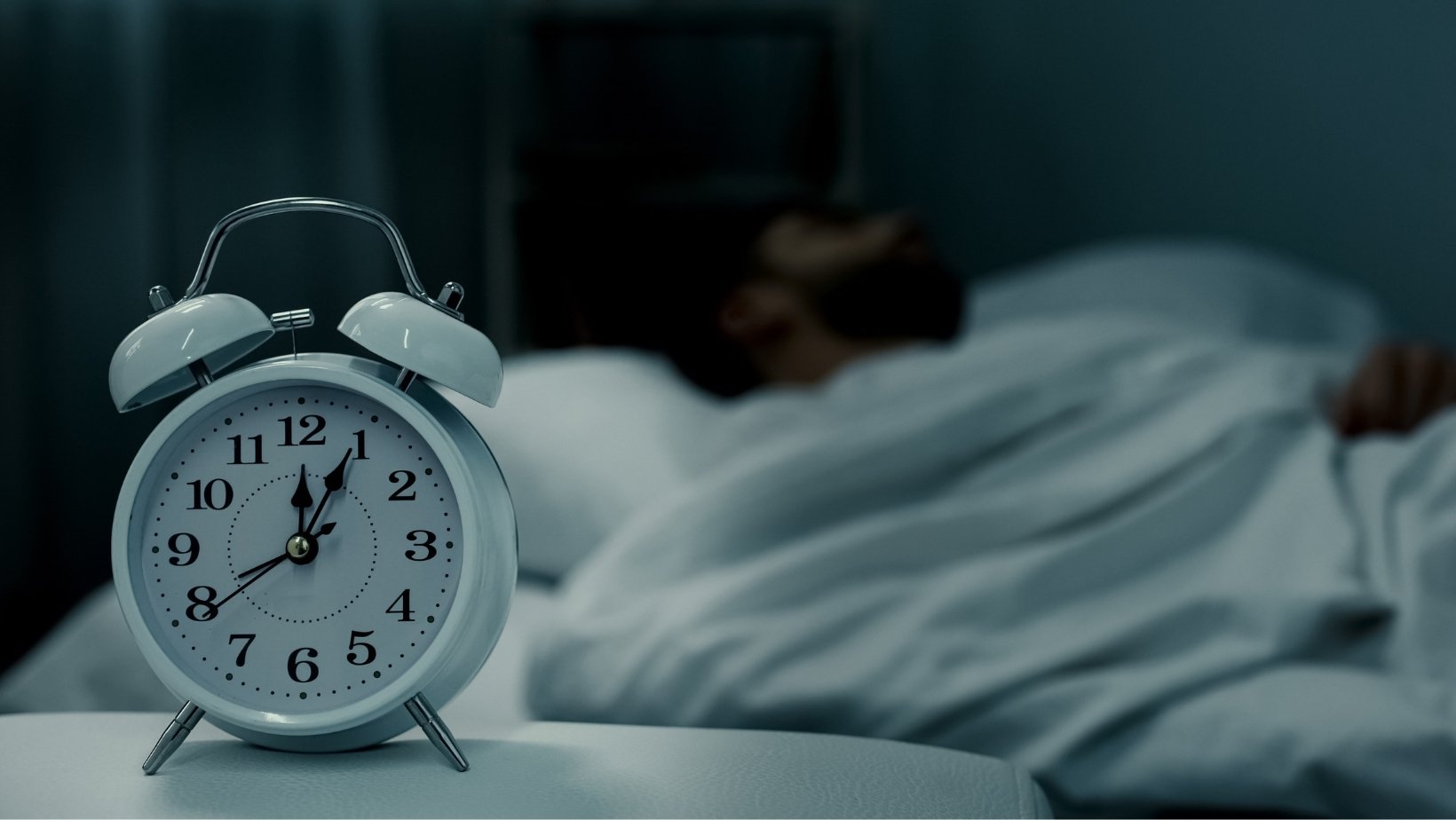Falling asleep quickly and easily is something many of us struggle with. Whether it's stress, anxiety, or just a racing mind, getting a good night's sleep can be a challenge. In fact, according to the National Sleep Foundation, nearly 50% of adults experience occasional insomnia.
The good news is that there are things you can do to help you fall asleep faster. In this blog post, we'll share 6 tips to help you do just that:
1. Stick to a consistent sleep schedule
Going to bed and waking up at the same time every day, even on weekends, can help regulate your body's internal clock and make it easier to fall asleep at night.2. Create a relaxing bedtime routine
Establishing a regular bedtime routine can signal your body that it's time to wind down and prepare for sleep. This can include activities such as reading a book, listening to relaxing music, taking a warm bath, or practicing relaxation techniques such as deep breathing or meditation.
3. Optimise your sleep environment
Keep the bedroom cool, dark, and quiet. Use earplugs or white noise if necessary to block out any distracting sounds.4. Limit exposure to screens before bedtime
The blue light emitted from electronic devices can disrupt the production of melatonin, a hormone that helps regulate sleep. Avoid using screens for at least one hour before bedtime.
5. Avoid caffeine and alcohol close to bedtime
Both caffeine and alcohol can interfere with sleep, so it's best to avoid consuming them in the evening.
6. Don't stress about falling asleep
If you're lying in bed and can't fall asleep, don't stress about it. Instead, get up and do something relaxing, such as reading a book or listening to soothing music, until you feel tired again.
Falling asleep quickly and easily is possible, but it does require some effort and consistency. By following these tips, you can help create a sleep-conducive environment and establish habits that promote a more restful, restorative sleep.


